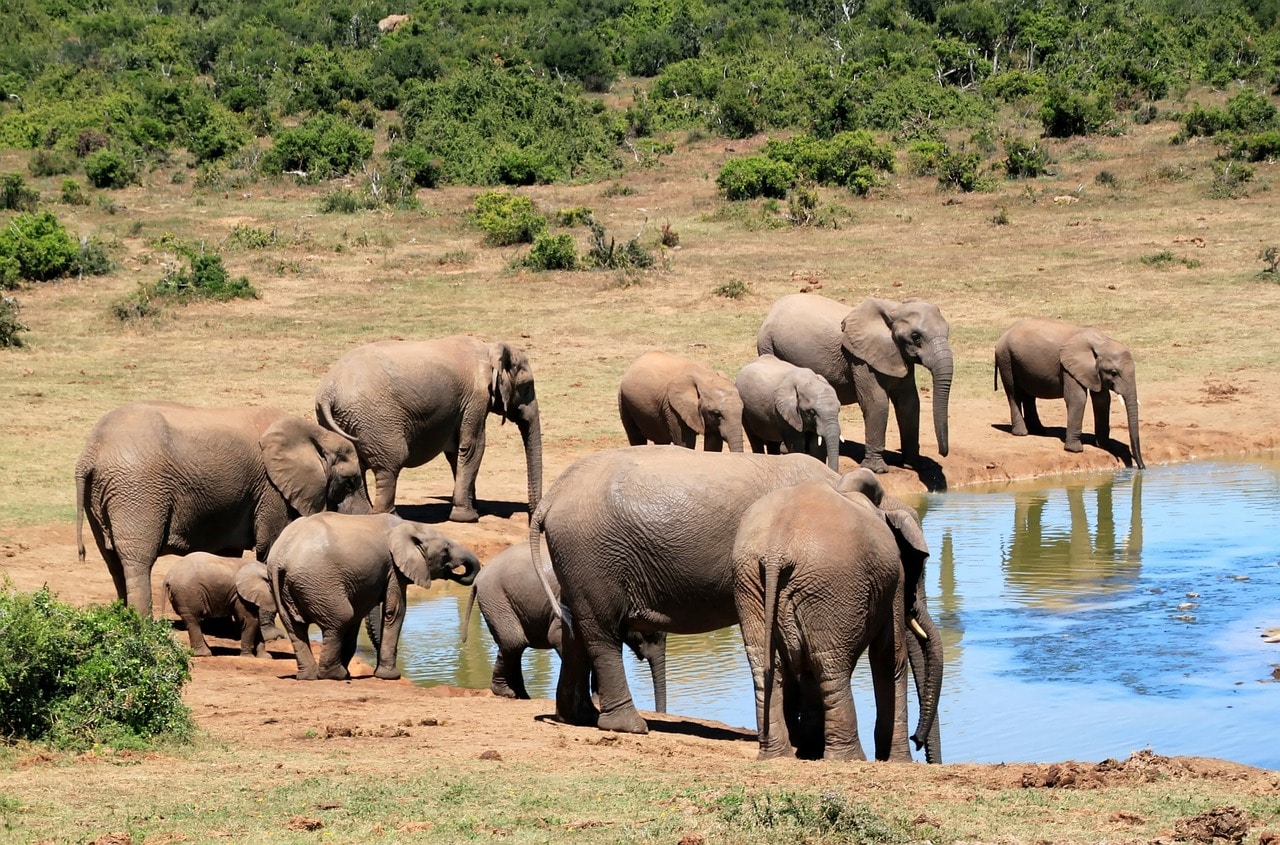Considering the negative effects that humans endure, because of water pollution, there is no doubt that the same there are similar effects left on animals, both on land and residing in the water.
The reality of water pollution and the effect it has on animals is quite saddening. The thought that water is only polluted by the littering of plastic and man-materials and chemicals, without considering one of water pollution’s main sources, is also quite scary. Air pollution, smog, and chemicals that ponder in the air, because of industrialized activity, causes more harm to the ocean and useful water sources than people might think.
While humans only feel the consequences of water pollution when it affects the water they consume, animals that, apart from drinking water, make it their habitat, is at extreme risk of illness, as well as dying as a result thereof. While humans have knowledge and awareness about polluted water and that they should avoid it at all costs, animals do not have that luxury and are forced to endure the effects of pollution every single day.
4 Ways polluted water effects animals
- Water pollution causes an excess of minerals and nutrients, like phosphorous and nitrogen in the water, that leads to increased growth of aquatic plants and algae that can be quite toxic, cause poisoning and whichever fish or animals that feed on it, to die.
- Polluted water may contain chemical contaminants, that are found in industrial wastes, that can kill aquatic organisms, such as fish, frogs, and tadpoles. It also causes a major loss of food for bigger aquatic organisms.
- Pollution that is caused by oil spills exposes unhealthy levels of oil to marine life, that results in the marine environment to become toxic, eventually causing marine animals to die.
- Polluted water, used for irrigation, contaminated the soil, as well as agricultural produce, which furthermore leads to health issues in cattle and herbivorous animals.
Get water cooler and bottled water dispenser from Living-Water in London.






